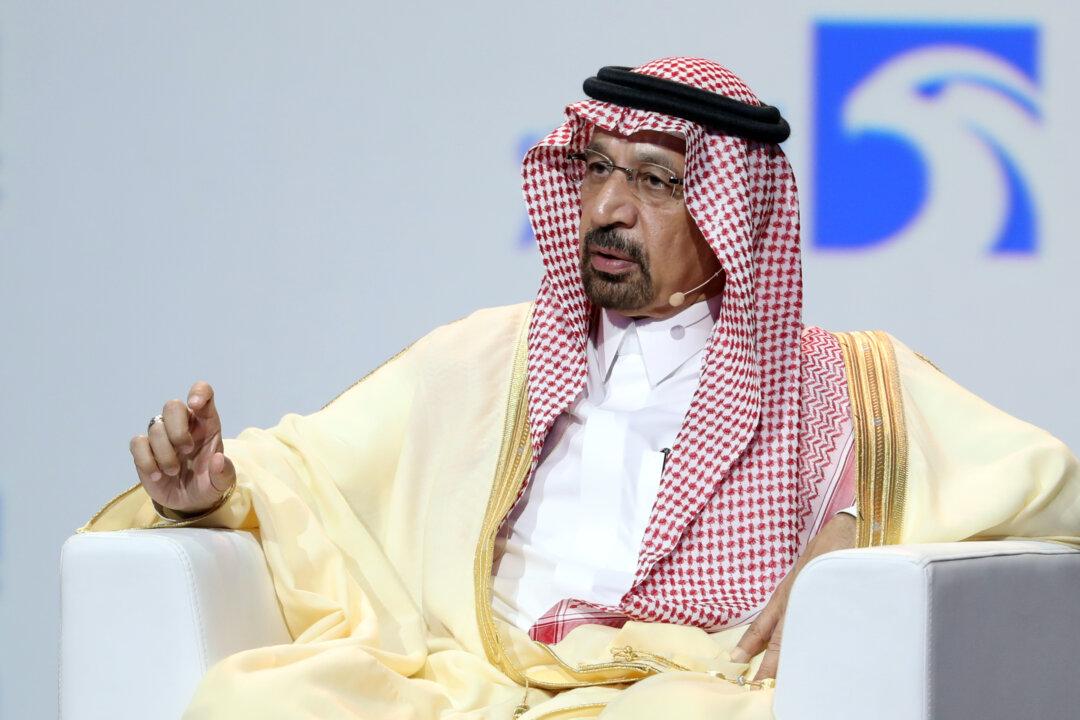DUBAI—The United Arab Emirates will show restraint after attacks on oil tankers off its coast and is committed to de-escalation during a “difficult situation” caused by Iranian behavior in the region, a senior official said on May 15.
Minister of State for Foreign Affairs Anwar Gargash said he would not speculate about who was behind the May 12 sabotage acts on four vessels, including two Saudi tankers, near Fujairah emirate while an investigation was underway and due to be completed within days.





